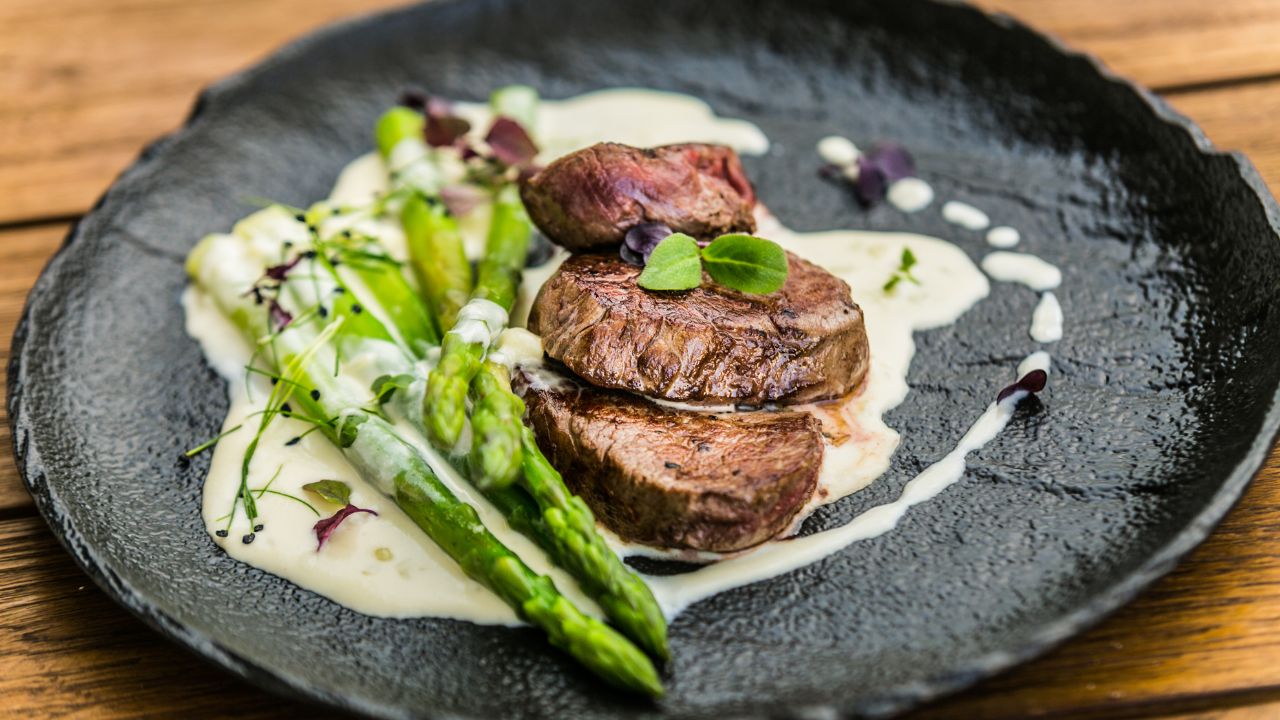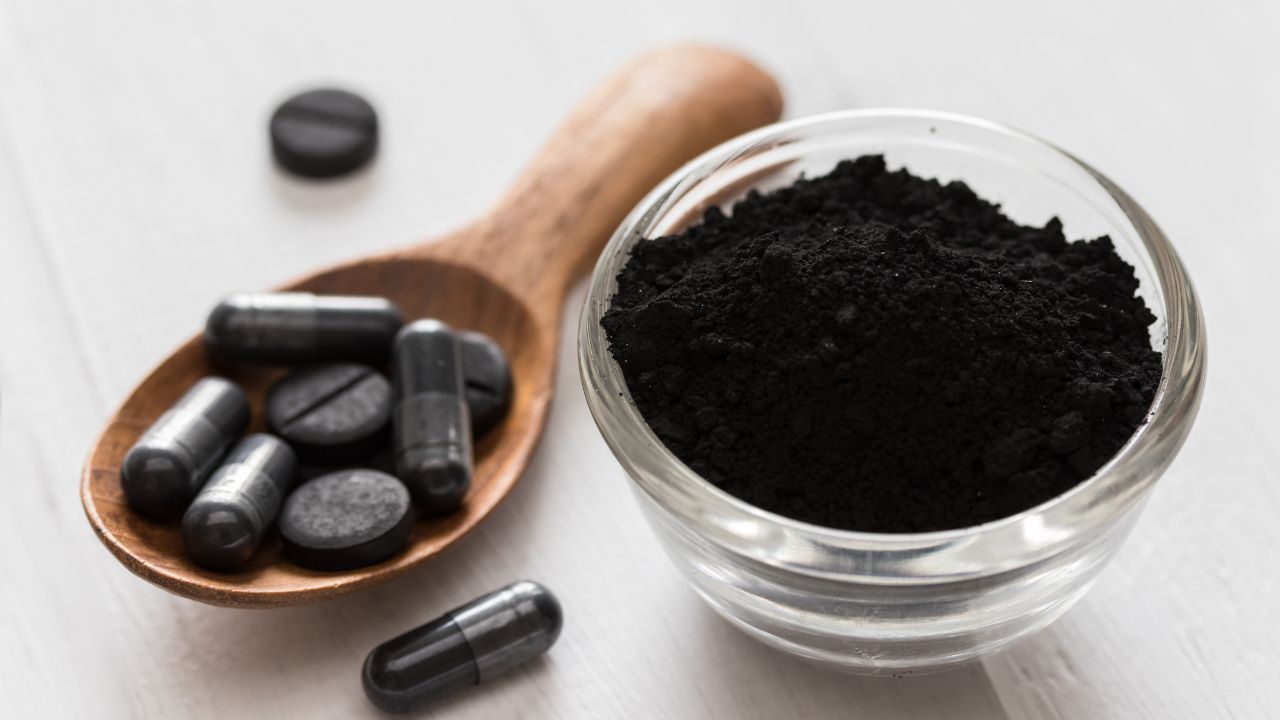
Inflammation is your body’s way of protecting itself.
If you get a cut, catch a cold or pull a muscle, your immune system jumps in to help. It sends white blood cells and healing tools to fix the problem. This is called inflammation. You might notice redness, swelling or heat. That is called acute inflammation and it is a normal part of healing. The real issue is something called chronic inflammation.
This is a slow and steady response inside the body that never fully turns off. It can happen quietly for years and you may not even realise it is happening. But it can lead to problems over time.
Chronic inflammation is often linked to everyday habits.
You might not see a symptom right away, but the impact builds up over time.
Here are the most common causes of chronic inflammation:
• Eating too much processed food or sugar
• Not sleeping enough or staying up too late
• Not moving your body every day
• Ongoing stress or anxiety
• Drinking too much alcohols
• Smoking or vaping
• Having extra body fat
• Poor gut health or digestion issues
These things send a constant alarm signal to your body.
Which keeps the inflammation response turned on even when there is no danger.
You might feel inflammation even if you cannot see it.
Here are some common signs:
• Feeling tired all the time
• Brain fog or poor focus
• Low mood or irritability
• Stiff joints or body aches
• Bloating or slow digestion
• Weight gain or sugar cravings
• Trouble sleeping at night
These symptoms often feel like just getting older or being run down, but they may be signs of inflammation inside your body.
Inflammation is not just about how you feel today.
Over time, chronic inflammation can increase the risk of more serious health problems.
Long term inflammation is linked to:
• Heart disease
• Type 2 diabetes
• Autoimmune conditions
• Joint problems
• Memory loss or brain decline
• Hormone imbalance
One large study from Harvard shows that long term inflammation plays a major role in nearly every chronic disease people face as they age.

Here is where to start:
Eat more whole foods
Focus on natural food that your body knows how to use. Vegetables, fruits, oily fish, nuts, olive oil, and seeds all help reduce inflammation. Try to avoid sugar, fried food and packaged snacks when possible.
Move your body every day
You do not need a hard workout. Even a short walk or stretching helps lower inflammation and boost circulation.
Get enough sleepSleep is when your body repairs and heals. Aim for seven to nine hours of good quality sleep each night.
Reduce stress in simple ways
Chronic stress tells your body to stay on alert.
Deep breathing, quiet time outdoors, and even music or hobbies can help calm your system.
Look after your gut health
Our gut is deeply connected to your immune system.
Add fermented foods like yoghurt or sauerkraut, and eat more fibre from fruits and vegetables, as a cure.
To prevent it get a personalised plan to follow.
Just a few days with the proper structure. It depends on your body and your habits.
What matters most is staying consistent with your new routine.
If you want to be sure, a blood test called hsCRP can measure low grade inflammation in the body.
But even without a test, your daily symptoms can give you clues.
Fatigue, brain fog, bloating and joint pain are all common signs..


